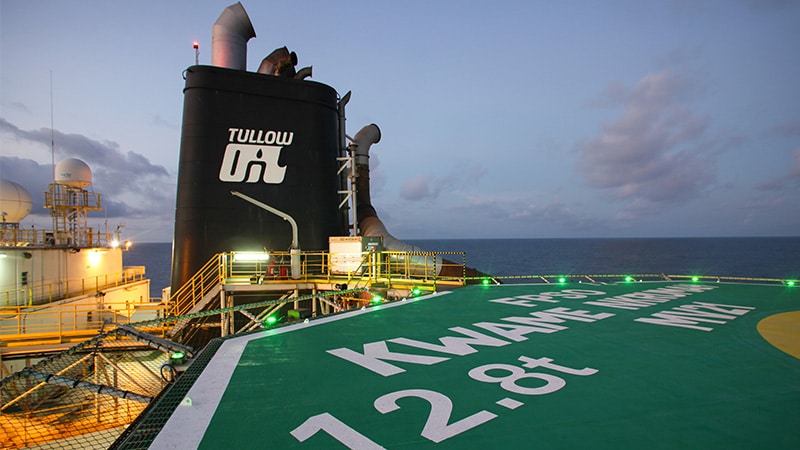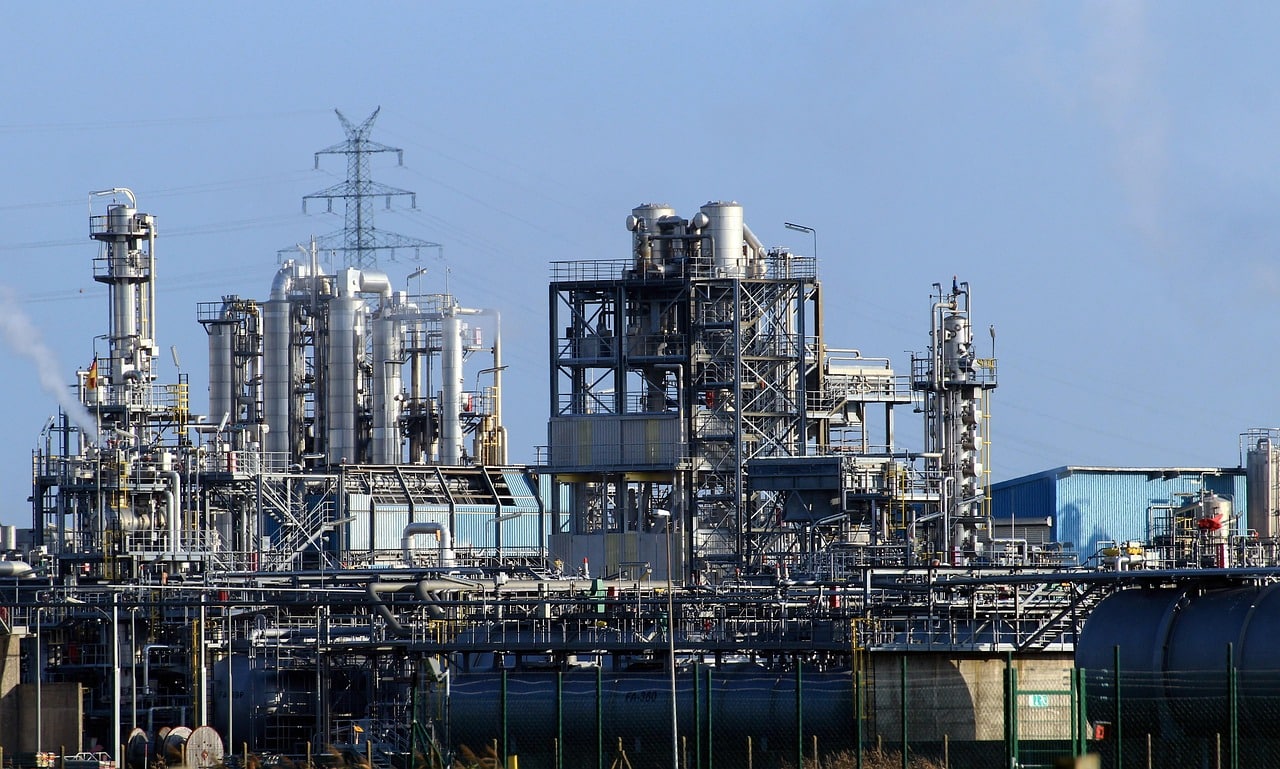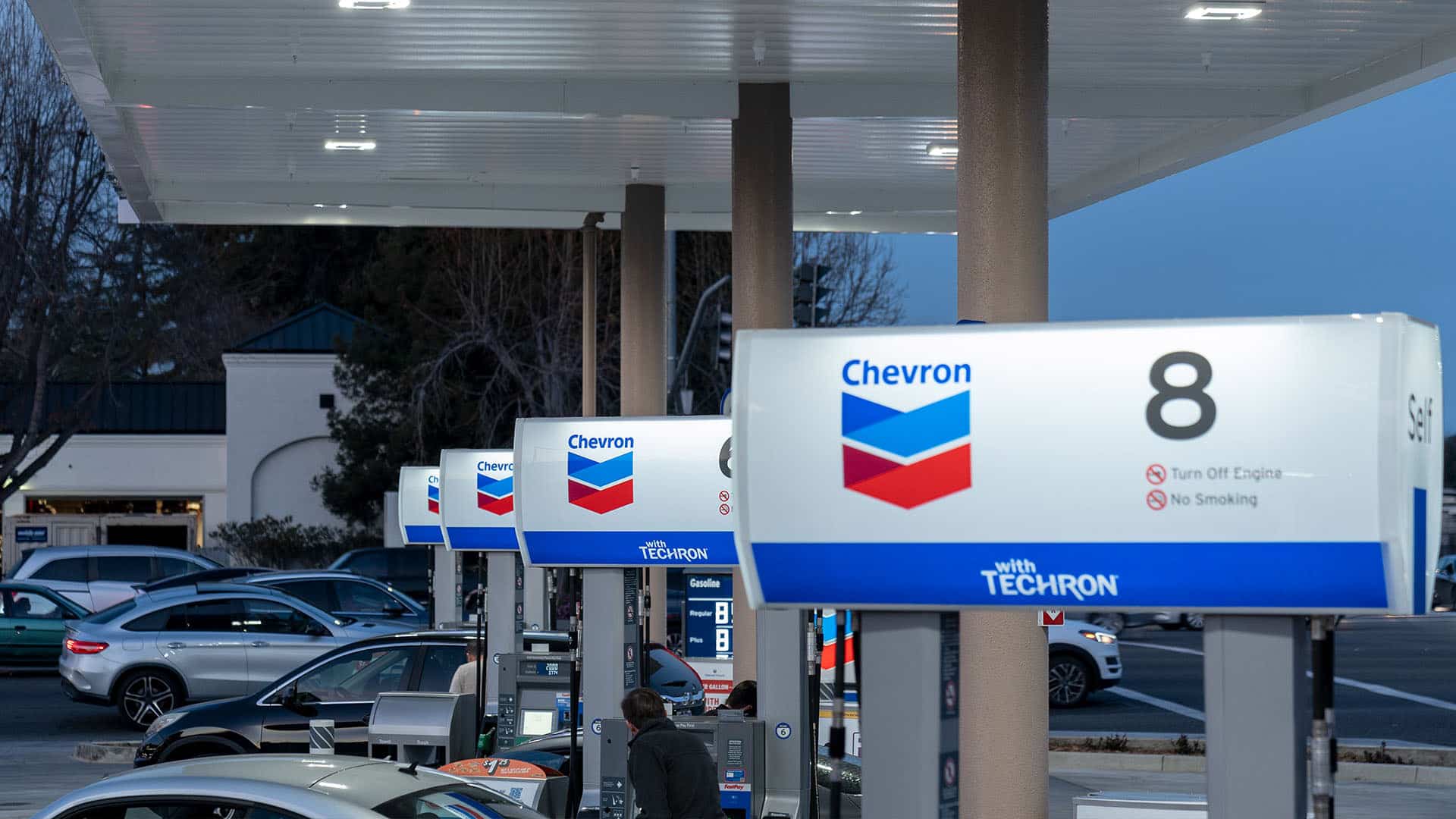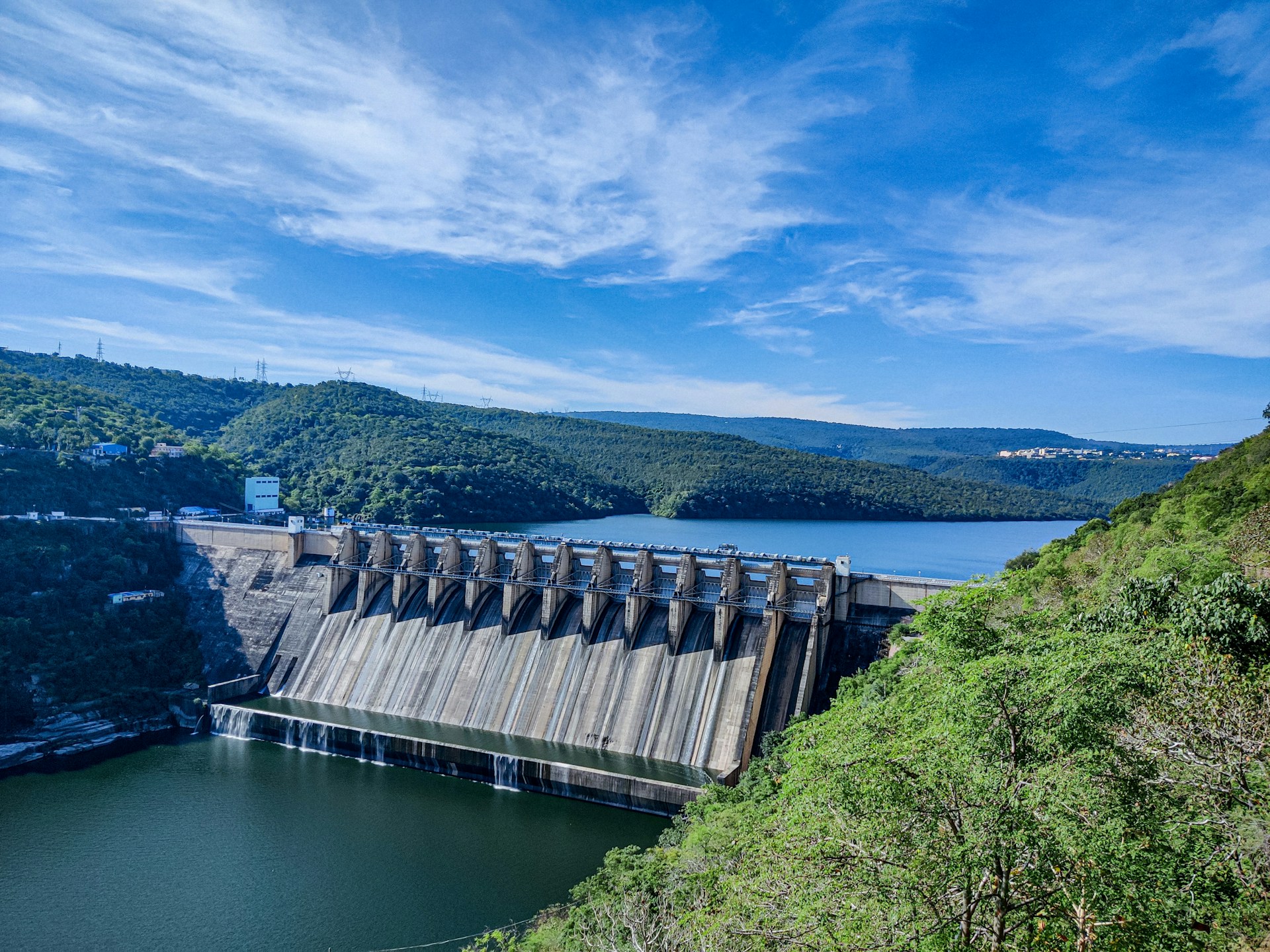Ghana’s government received $148.7 million in corporate income taxes (CIT) from upstream oil and gas companies in the first half of 2025, a steep 59% decline compared to the $358.8 million collected during the same period in 2024.
The figures, disclosed in the 2025 Semi-Annual Report on Petroleum Revenue Utilisation by the Public Interest and Accountability Committee (PIAC) and obtained by Energy in Africa, show subdued earnings across the sector, driven by lower crude liftings and weaker global prices.
Key contributors to the tax pool included Kosmos Energy Ltd, Petro SA Ghana Ltd, ENI, Vitol, and Tullow Oil, which operates two of Ghana’s largest offshore fields: Jubilee and TEN.
According to the report, CTI collected from oil operators in Ghana during the period include:
- Tullow Ghana Ltd: $59.3 million
- Eni: $37.6 million
- Kosmos Energy: $27.97 million
- Vitol Upstream: $20.88 million
- Petro SA Ghana Ltd: $6.02 million
The Ghana Revenue Authority (GRA) reported that these payments result from the conclusion of major arbitration cases and the initiation of comprehensive audits as well as first-ever corporate tax paid by the ENI Ghana Ltd and Vitol Upstream Ghana Ltd.
Specifically, Ghana’s petroleum revenue inflows in the first half of 2025 are as follows:
- Carried and participating interest: $178.48 million (48%)
- Corporate income tax: $148.75 million (40%)
- Royalties yielded $40.15 million (10.8%)
- Interest on the PHF amounted to $2.10 million
- Surface Rentals brought in $0.86 million, less than 1% of total inflows
Ghana’s oil revenues plunge 56%
The report also showed that Ghana’s petroleum receipts fell by 56% year-on-year in the first half of 2025, as lower crude oil liftings and a downturn in global prices weighed heavily on export earnings.
The decline has significantly impacted revenues from the country’s three producing offshore fields (Jubilee, Sankofa, and TEN) which have faced persistent output challenges since 2019.
Despite the current downturn, Ghana recorded its second-highest oil revenue in 2024, with earnings rising by 27.8% to $1.36 billion, up from $1.06 billion in 2023, driven by favourable market conditions.
In H1 2025, the Petroleum Holding Fund (PHF) received $370.34 million, a sharp drop from the $840.77 million deposited during the same period in 2024.
Regulatory reform and new exploration
Looking ahead, PIAC says the outlook for Ghana’s upstream petroleum sector depends on restoring competitiveness and creating a more predictable regulatory environment.
Authorities are banking on intensified audits and increased scrutiny to improve transparency and revenue collection.
Meanwhile, operators are pressing ahead with new exploration and production activities.
In September, a consortium comprising Eni, Vitol, and the Ghana National Petroleum Corporation (GNPC) signed an agreement to boost output in the Offshore Cape Three Points (OCTP) area.
Ghana’s largest producer, Tullow Oil, has resumed drilling operations at the Jubilee field.
Two new wells are planned before the end of 2025, with one already completed.
“We have recommenced drilling and have successfully completed and brought on stream the first of two planned 2025 production wells at Jubilee, with better than expected net pay during drilling,” said Richard Miller, Tullow’s interim CEO, in August.










